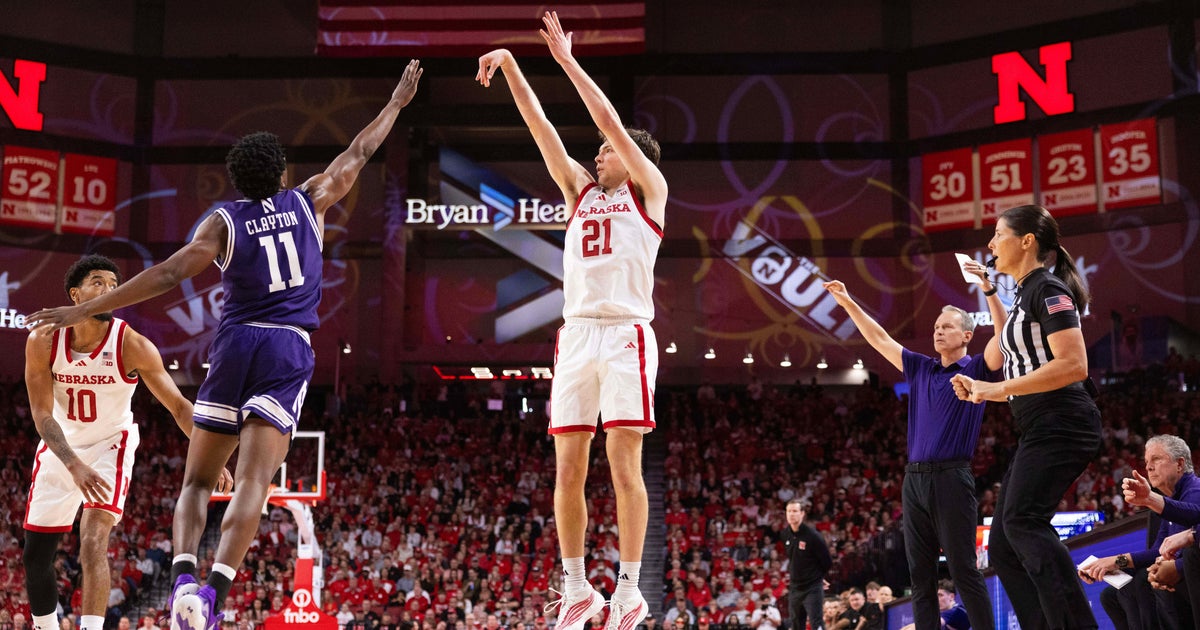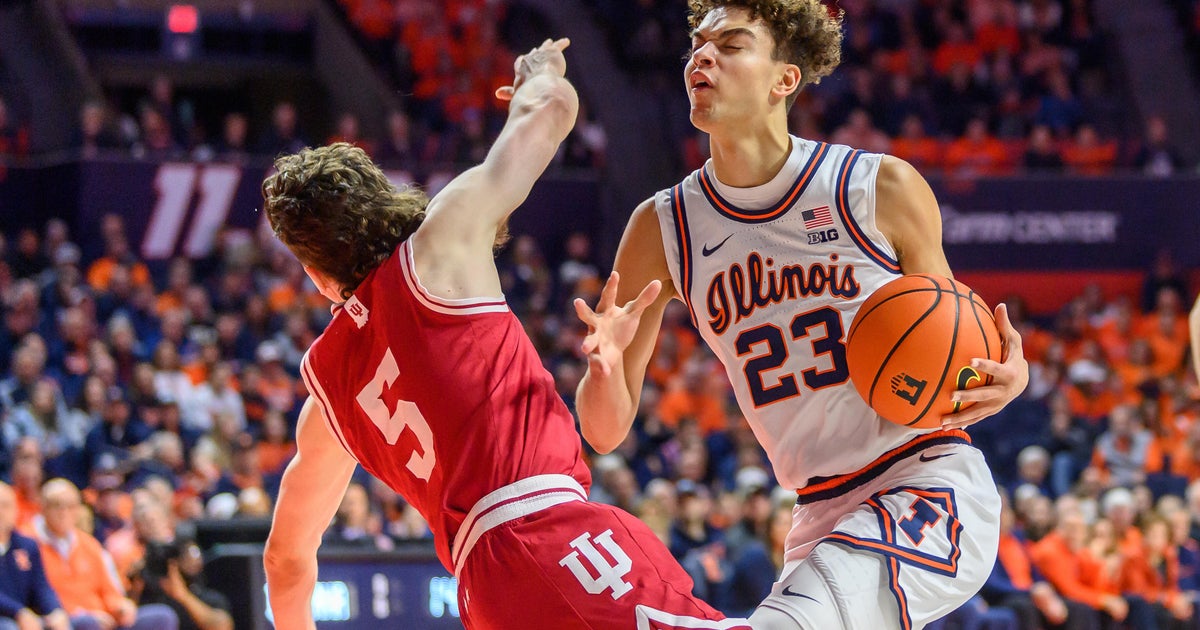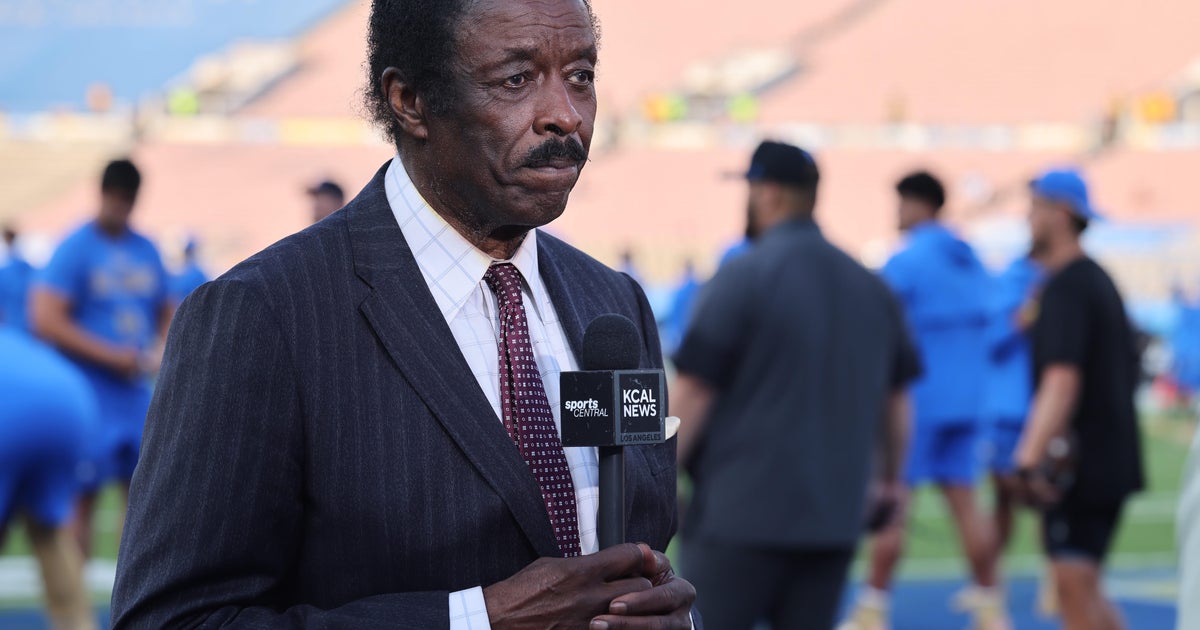Tracy McGrady Announces Retirement From NBA
(AP) Those sleepy eyes always betrayed Tracy McGrady.
Whether he was pouring in 13 points in 35 seconds for Houston in 2004 or sitting on the bench and watching the San Antonio Spurs win another playoff game in June without needing him, that cool expression rarely changed. It all looked almost too easy for McGrady, even if it rarely was.
McGrady announced his retirement from the NBA on Monday, ending a 16-year career that included two scoring titles, seven All-Star appearances, injuries to his knee and back and zero playoff series wins while he was leading the way. The straight-from-high school project who blossomed into a dominant, two-way superstar will always be remembered, too, as a player who struggled with injuries.
"Thank all of you who have supported me over 16 NBA seasons, 7 All-Stars, and countless exciting moments," McGrady tweeted on Monday morning. "Retiring from NBA. Stay tuned."
McGrady didn't rule out continuing his career overseas, perhaps in China where he played last season.
"Officially retired from the NBA," he said on ESPN. "Door's still open."
McGrady was drafted by Toronto out of high school in 1997 and was outshined early in his career by Raptors star Vince Carter, McGrady's distant cousin. He became a star in Orlando, was traded to Houston in 2004 and also played for the Knicks, Pistons and Hawks before finishing up his career with the Spurs last season. He averaged 19.6 points, 5.6 rebounds and 4.4 assists per game in his career and at one point was considered one of the best perimeter players of his generation, a talent that rivaled Kobe Bryant and any other player in the league.
"Congrats to Tracy McGrady on an awesome career," LeBron James tweeted. "7-time All-NBA (2 1st Team), 2-time scoring champ, and just an all-around dazzling talent."
The Raptors drafted McGrady ninth overall out of Mount Zion Academy and spoon-fed him early while his body developed to withstand the rigors of the NBA. By his third season, McGrady was averaging 15.4 points, 6.3 rebounds and showing all the early signs of becoming a star. He left Toronto after that season, joining up with Grant Hill in Orlando, which is where some of the hard luck that plagued McGrady for years first started to surface.
"There are a lot of things that go into winning in the NBA," former Rockets coach Jeff Van Gundy said in a phone interview. "And until McGrady's body betrayed him, he was a dominant player."
McGrady's body wasn't the only one that let him down.
Hill hardly played in his first two seasons in Orlando, leaving McGrady to carry the load all by himself. He averaged 33.8 points per game in the Magic's first-round playoff loss to Milwaukee, then scored 30.8 per game in a four-game loss to Charlotte the following season.
He delivered his finest individual season in 2002-03, winning his first scoring title with 32.1 points while averaging 6.5 rebounds, 5.5 assists and 1.7 steals in a tour-de-force season that ended, once again, with a first-round exit at the hands of the Pistons.
No matter how brilliantly McGrady played, he couldn't get his teams over the hump in the postseason, and a narrative started to form. After the Magic missed the postseason in 2003-04, McGrady was traded to the Rockets. He enjoyed one of the crowning moments of his career that season when he scored 13 points in 35 seconds to lift the Rockets over the Spurs in a December game. But more than the scoring prowess, which put McGrady practically in a class by himself, Van Gundy prized his star player for his versatility — he was a lock-down defender, deft passer and could be a force on the glass.
"Maybe his greatest attribute is he's one of the best wing passers ever," Van Gundy said. "Great size, great skill, incredibly unselfish. He was a multi-dimensional player that unfortunately rarely got the opportunity to play with better teams when he could advance further in the playoffs."
Ankle problems kept Hill from helping McGrady in Orlando, while foot problems for Yao Ming spoiled a potentially devastating tandem in Houston. McGrady also had microfracture surgery on his knee in 2009, which combined with chronic back spasms to limit him to 65 games over the next two seasons. All of a sudden, that effortless athleticism was gone.
The Rockets made it to the second round in 2009 with both McGrady and Yao on the bench with injuries, only adding fuel to his critics.
While McGrady bowed out in first round after first round, some started to question his work ethic. Where was Michael Jordan's competitive fire? Where was Bryant's passion? How badly did McGrady really want it?
After a stint with the Hawks, McGrady spent most of last season playing in China until the Spurs jettisoned Stephen Jackson and asked McGrady if he was interested in being an insurance policy for them in the playoffs. He played just 31 minutes in six games during San Antonio's run to the NBA Finals.
Sitting on the bench in San Antonio, surrounded by healthy All-Star talent for the first time in his career, McGrady couldn't help but wonder what might have been.
"That's really the story of my career," McGrady told Grantland in June. "What if. What if Grant Hill was healthy when we were in Orlando and what if the Magic would have signed Timmy (Duncan) as well? What if I was healthy when Yao was healthy and when we played a Game 7 against the Lakers in the second round? What-ifs. That's what you can put on my career. 'What If: Tracy McGrady's Career.'"
(© 2013 by STATS LLC and Associated Press. Any commercial use or distribution without the express written consent of STATS LLC and Associated Press is strictly prohibited.)







